Norman Nduho Kapaapa, a dairy farmer in Kiruhura says farmers are counting losses due to low milk prices
Farmers in the Western districts of Kiruhura, Mbarara, Ibanda, Bushenyi and other districts in the cattle corridor are starting to abandon dairy farming business due to low milk prices and limited market.
A number of farmers Business Focus interacted with over the weekend revealed that milk price fluctuations makes planning difficult. They add that they are making losses because they invest in a lot of money to produce milk but earn little.
Currently, a litre of milk is going for Shs500 at farm gate price in most Western Uganda districts that are into serious commercial dairy farming. The best price farmers have received previously is Shs1000 per litre. Farmers say with a farm gate price of Shs800-1000 per litre, they can break-even.
Glorious Ankunda, an Extension Officer, who connects farmers to processors like Pearl Dairy Farms Limited, the producers of Lato Milk, says that the volumes of milk produced by farmers don’t match with current demand processors, who say they also have limited market after Kenya banned milk products from Uganda.
“We have been teaching farmers on how to use supplementary feeds to increase milk production. They have taken our advise seriously and milk production has gone up in the region. Unfortunately, low milk prices due to limited demand is discouraging many,” Ankunda, who is also a farmer, says.
She adds: “Last year, Kenya stopped buying milk from Pearl Dairy yet most of our farmers sell their milk to Pearl Dairy.”
Ankunda reveals that before Kenya’s ban on Pearl Dairy milk products, the company (Pearl Dairy) was buying 800,000 litres of milk per day.
“Pearl Dairy is now buying 250,000 litres of milk per day, leaving hundreds of farmers to count losses,” she says.
Ankunda adds that farmers are now going into bull fattening because market is guaranteed. She says a bull can gain 500kgs in two years and since a kilogram of meat go for Shs13,000 in most upcountry markets, a farmer can earn decent profit.
“I am worried if the current trend continues, dairy industry will be no more in five years to come,” she says.
Gov’t Intervention Needed
Norman Nduho Kapaapa, a resident of Rwamuranda in Kanyaryeru Sub-county, Kiruhura district, says after completing his degree in Business Studies from Makerere University a few years ago, he decided to implement President Yoweri Museven’s message of engaging in commercial farming.
He reveals that to get the best out of farming, he regularly learns from experts and gives his cows supplementary feeds.
Out of his 50 cows, he says, only 10 are lactating currently. Due to Food and Mouth Disease (FMD) that invaded the area recently, he now gets 50 litres of milk a day, down from 100 litres before FMD. It’s important to note that cows lose appetite and therefore consumption when suffering from FMD.
However, after assessment, they have been allowed to re-start milking but the quarantine for cows remains.
From Shs500 per litre, Nduho is able to earn Shs25,000 a day and Shs750,000 a month. He however says, this is too little compared to what he invests in the farm that sits on 80 acres of land.
Nduho reveals that he employs three workers to take care of cows (grazing) and each worker earns Shs150,000 per month.
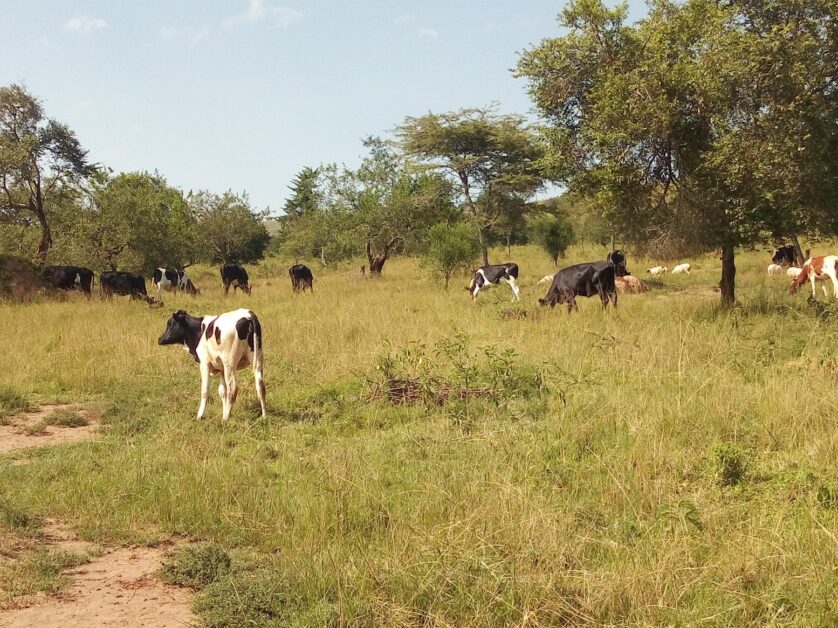
He adds that he also spends on acaricides, supplements and clearing the farm to remove unwanted weeds and pastures. He says he spends around Shs1m to take care of the farm per month.
“We are making losses. Government should look for market so that we get better prices,” Nduho says, adding that he can’t even get loans to make his farm more profitable because of low milk prices.
He explains that price fluctuation is a big challenge to farmers.
“In April this year, a litre of milk was going for Shs1000 at farm gate price before reducing to Shs700 and now Shs500,” he says, adding: “To run profitably, Shs800-1000 per litre at farm gate price is okay. A farmer can manage the farm well.”
He says since farmers are earning less compared to expenditure on the farm, one ends up selling cows to meet family expenses like paying school fees.
Nduho has also added on five acres of matooke (bananas) and six acres of coffee to avoid depending on dairy farming.
“We are considering concentrating more on beef because a beef factory is being set up in the area. However, we don’t know its capacity and how much they will buy a kilogram,” Nduho says.
Besides low milk prices, he says farmers in the area also face severe drought and poor road network. As for him, he has a small dam that ensures he has water throughout the year.
Nduho, who is now pursuing a Masters Degree in Local Governance and Planning at Mbarara University of Science and Technology, says his farm is increasingly becoming a reference point in the area.
It’s worth noting that cattle keeping in this area is a tradition and the biggest source of income.
Another dairy farmer, George Buracweke, says business is no longer profitable because expenditure on the farm exceeds earnings. He says whereas he’s spending about Shs600,000 per month, he earns a paltry Shs300,000 from milk sales.
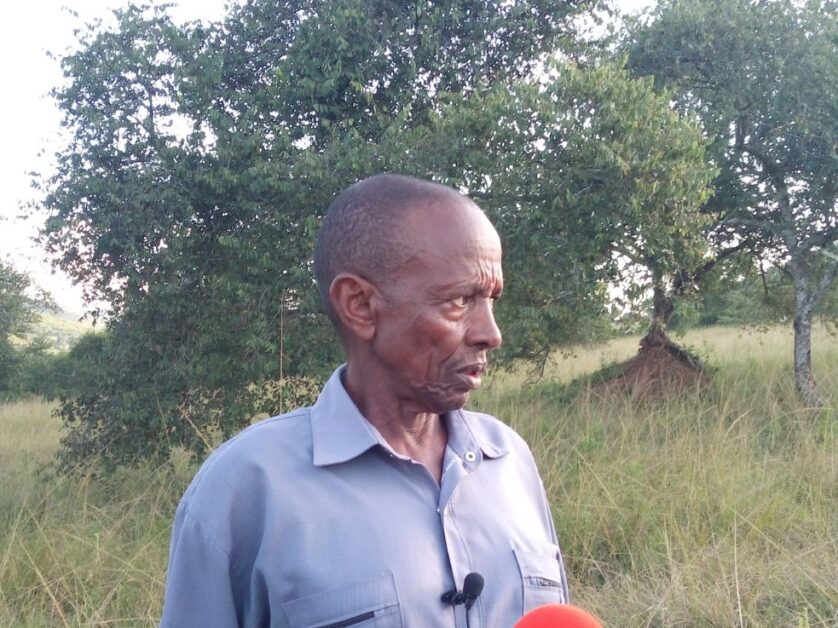
This implies he has to get money from other sources to maintain the farm.
“Government should help us get market for our milk; we are making losses. We also need genuine acaricides because many on the market are fake; we spray against ticks but they don’t die,” Buracweke says.
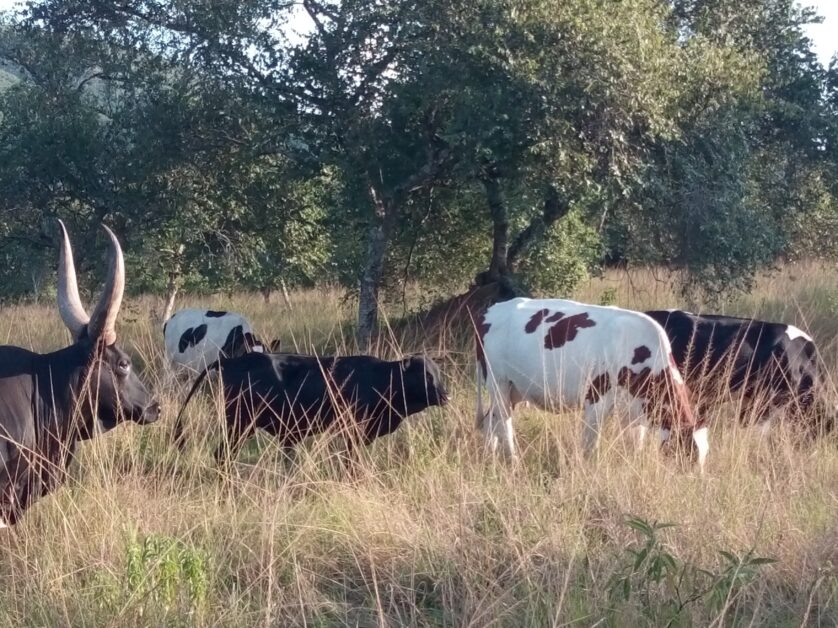
Enock Nuwagira, the General Manager for Lake Mburo Farmers Cooperative Society based in Kiruhura district says in the last two months, they have experienced drastic milk price cuts twice.
“Low milk prices have adversely affected dairy farming as a business. We call for Government intervention,” Nuwagira says, adding that farmers can’t apply best farming practices like applying supplementary feeds when milk prices are often low.
He says farmers in Lyantonde district are increasingly shifting to rearing cows for beef and farmers in Kiruhura and surrounding districts are set to follow suit if milk prices remain low.
Milk prices in Ankole region started falling in early 2020 when Kenya banned Lato Milk produced by Pearl Dairy Farms Limited, citing its lack of required standard.
However, this ban on dairy imports from Uganda came after several complaints by Kenyan farmers over the influx of Ugandan milk which was being priced lower than the one produced in their home country.
In the end, Pearl sent home a significant number of its staff. In addition, its Mbarara based plant has since operated below its installed capacity. Despite the constant cries by farmers, Government is yet to intervene as Kenya’s ban on Lato milk products remains in force.
Uganda produces 2.6 billion litres of milk per annum. However, domestic demand stands at only 800 million litres, creating a huge surplus that foreign markets especially Kenya would consume.


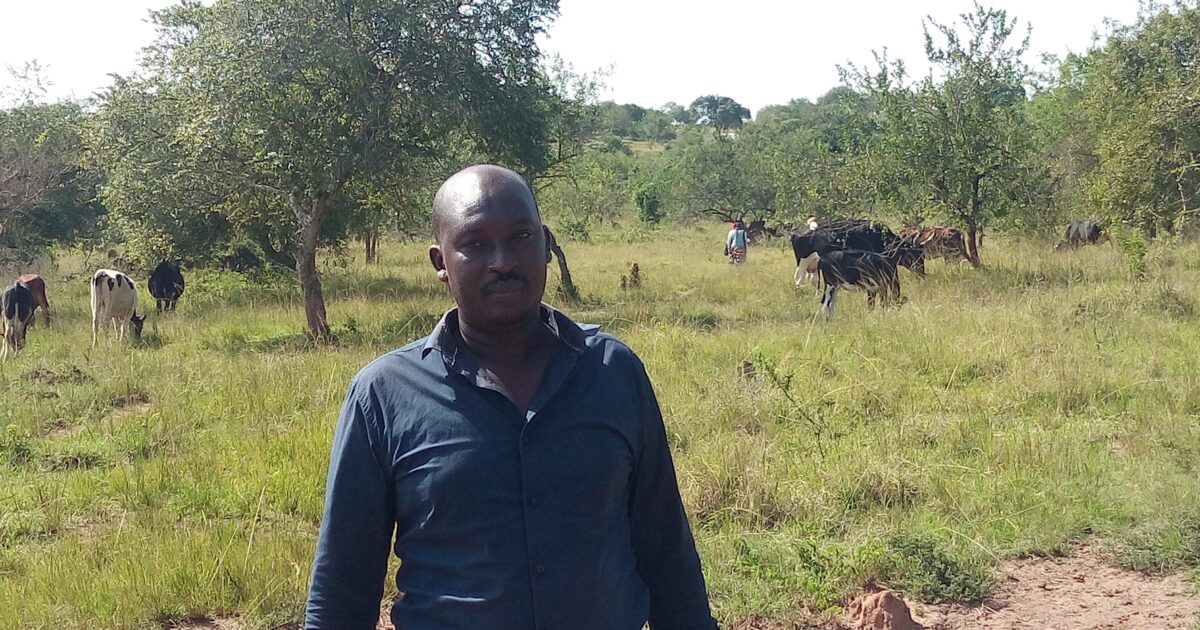

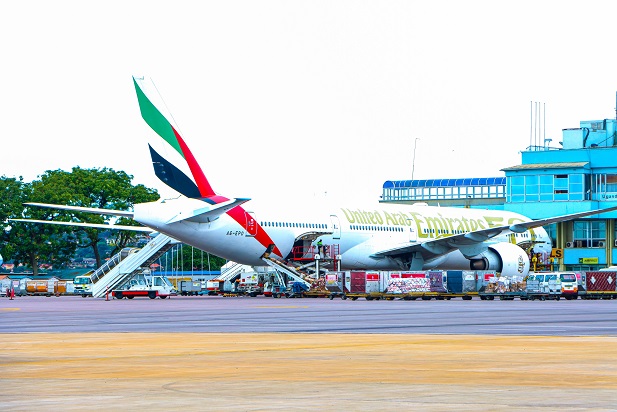


I appreciate your work